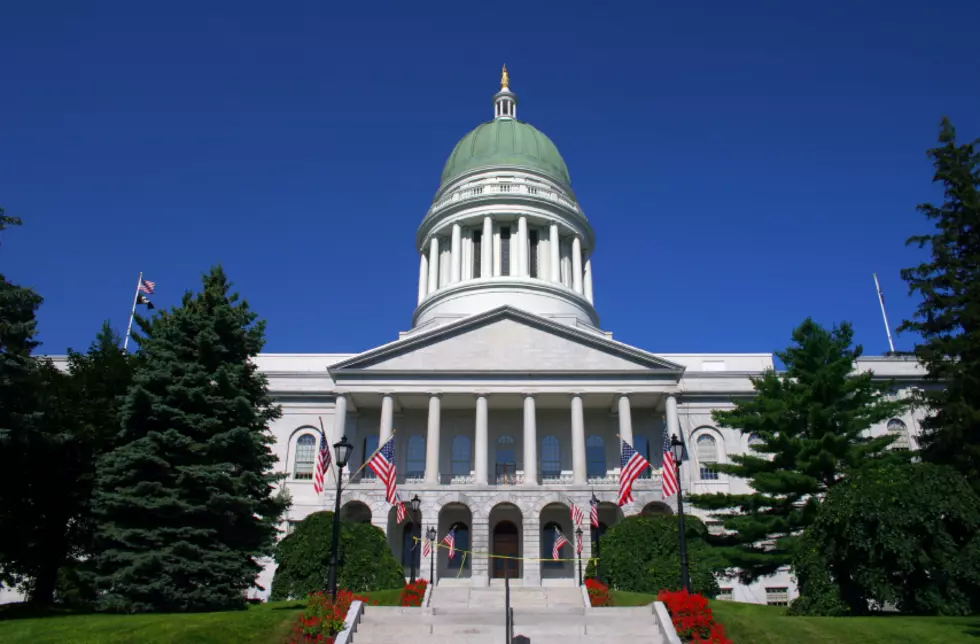
Maine Republicans Won’t Have Income Tax Cut/Welfare Reform On This Fall’s Ballot
The Maine GOP is going to fall short of its goal of putting a proposal to cut income taxes and reform welfare on the November ballot.
But GOP Chairman Rick Bennett says the party isn't abandoning the effort. He says volunteers will continue collecting petition signatures with an eye toward putting the proposal on the 2017 ballot.
The deadline for submitting signatures for the November ballot is Monday, and at least 61,123 signatures must be certified to make the cut.
The GOP effort got off to a late start in September and the final language for the legislation wasn't printed until the day before Election Day. That led to a scramble to get the petitions to polling places, a key place for gathering signatures.
The first part of the proposed Republican Party referendum would ask voters if they want to reduce the state’s top income tax rate to 4 percent gradually over a four-year period. Maine’s top rate is now 7.15 percent.
The second part calls for a series of changes to welfare policy, included requiring drug testing for recipients of Temporary Assistance for Needy Families; instituting stronger work requirements; banning the use of food stamp funds to buy liquor, tobacco and other items; and making asylum seekers ineligible for benefits.
At least two other campaigns believe they have enough signatures for their respective proposals. The campaign to decriminalize marijuana and one to collect a tax “surcharge” from Mainers with over $200,000 in household income to increase education funding are expected to be in Augusta Monday to submit petitions to the Secretary of State’s Office.
Two initiatives have already been certified - one that would issue $90 million in bonds for transportation projects, and one that would establish statewide ranked-choice voting.
Potential measures include ones which requires specific background checks for gun sales and transfers, regulates and taxes marijuana, increases minimum wage to $12 per hour by 2020, changes the criteria for wind energy development, allows the Maine Gambling Control Board to accept applications for a casino or slot machines in York County, and repeals the requirement that a private school must not be religious to receive public funds to use for tuition purposes.
More From









